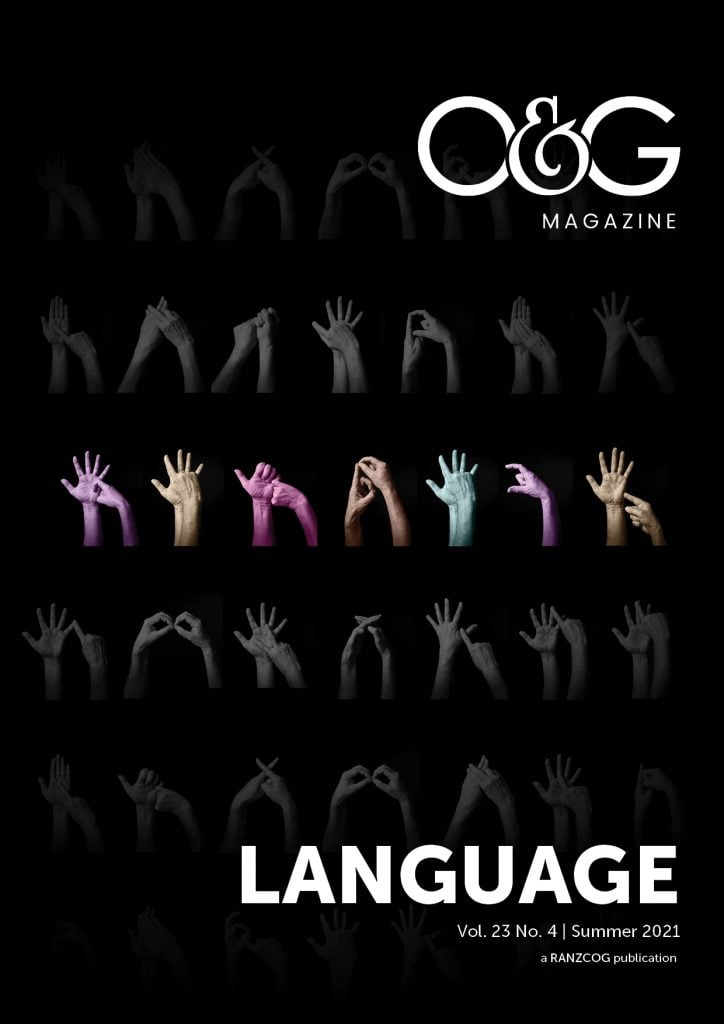What is virginity? What is a virgin? Why do we place such high regard for the status of ‘virginity?’ In the original Hebrew, an Almah was simply a young woman of childbearing age – the literal virgin status of Mary. As time evolved, the Latin virgo came to mean a sexually inexperienced young woman. Now we hold fast to a concept that we can no longer define. Moreover, it is a concept that has significant influence over most young people and permeates our culture in all its forms. Countless film scenes, from the desecration of baked goods to the soft focus of a dream, countless books and periodicals, and countless sex-ed tapes revolve around the concept – or more specifically, the loss of it.
How does one lose one’s virginity? A strict dictionary definition would be to ‘have sexual intercourse.’ The main problem with this, as a definition, is that one then needs to define sexual intercourse. In the heteronormative world view, this consists of placing a penis inside a vagina. This alone leads to further questions regarding orgasm, ejaculation and the requirement of either for it to be considered ‘sex’, but also leads to further, more confusing questions. If one has not had vaginal intercourse with a penis, but has had anal intercourse, then is one still a virgin? There’s certainly more than one tongue-in-cheek musical number suggesting so. Most people, however, would argue: no. What then do young people who are not heterosexually inclined define as their sexual debut? If every person has their own definition of what a sexual encounter is, then ‘sex’ as a concept is fluid and undefinable, meaning the word ‘virgin’ is also undefinable.
Why is this important? Because regardless of slippery definitions, virginity as a concept, and as a word in our language, holds fast. Virginity is a social construct, and one that arguably has evolved to be about the commodification of women. It goes hand in hand with asking a prospective partners’ parent for their hand in marriage and the age-old tradition of walking down the aisle and giving someone away.
The language around virginity holds tightly to the same concept, one of ‘give’, ‘take’, ‘guard’. Common parlance says that you ‘lose’ your virginity, rather than share a special first moment with someone. It also revolves around the concept of one partner taking something from the other, in a moment of conquest. In the heteronormative parlance, this is usually a male taking something from a female, in a victory of sorts. The woman has then lost or surrendered a valuable good. It is undeniable that this ties in with the inverse relationship of sexual activity to gender: where a male is praised for losing his virginity and being sexually active, where a woman is shamed for doing and enjoying the same.
‘Losing’ one’s virginity at the wrong time (usually too early), to the wrong person, or in the wrong kind of relationship are still active concepts.
Equally active is the myth that virginity can be defined as a biological entity based on hymenal integrity. Hymens can be disrupted with no sexual activity, and sexual activity does not necessarily change the anatomical alignment of the hymen; however, ‘virginity checks’ and medical concern regarding the hymen still abounds.
The language of virginity pierces deep into medical language and the way we conduct our business. For those of us who take a sexual history, the question ‘are you sexually active’ is one that has a binary answer – yes or no – but defines absolutely nothing about what a patient is actually doing with themselves (or someone else, as the case may be). More relevant questions revolve around specific risks – STIs, pregnancy, safety – but we are loathe to answer those. We too, place a line in the sand with the medical term ‘coitarche’, which is basically interchangeable with ‘virginity’ and impossible to define without excluding a huge swathe of sexual experience, some of which is extremely relevant when taking a sexual history for medical purposes.
There is a general taboo for doing pelvic and gynaecological exams on people who have not yet had ‘intercourse’, as though disrupting a hymen will steal something from a future sexual experience. I stand firmly by the principle of not performing deeply intimate exams unless absolutely necessary, but should ‘virginity’ be a part of that decision making?
Virginity ties in strongly to the concept of abstinence. The notion of some kind of moral and physical purity from the avoidance of sexual activity but, more specifically, sexual intercourse (defined here usually as the heteronormative penile penetration of a vagina). The ramifications of purity culture across the religions and cultures of the world cannot be understated, and the ripple effect into women’s health has been enormous. Availability of contraception, non-abstinence-based sexual education and frank discussion of risk have all been affected by the concept of purity and virginity.
People who are not engaging in penile-vaginal sex are still at risk for a range of health-related conditions that may be tested for, avoided, or educated about. People who are ostensibly ‘virgins’ cannot be excluded from a range of medical education and care, simply on the basis of an undefinable line in the sand.
By continuing to adhere to, and believe in, the concept of virginity, we exclude a huge number of people from the discussion, minimising their experiences. It invalidates intimate experience in many relationships, it’s heteronormative, and arguably, sexist.
Language around virginity upholds the language of sexism, of commodification of non-male bodies, and of patriarchal, heteronormative ownership in a way that is no longer valid or accepted. Moreover, in the medical sphere, it lends itself to a ballooning possible set of uninformed notions that may potentially increase harm.
It is possible to remove the concept of virginity, and its importance, while still respecting cultural and religious beliefs around the choices people make with their own body. Choice around sexual activity and decisions must be fully self-controlled and consensual, and it’s entirely possible to hold respectful decisions and, at the same time, remove a harmful concept from the world in general, and from our language.
So, I put to you: isn’t it time we all lose our virginity?
Our feature articles represent the views of our authors and do not necessarily represent the views of the Royal Australian and New Zealand College of Obstetricians and Gynaecologists (RANZCOG), who publish O&G Magazine. While we make every effort to ensure that the information we share is accurate, we welcome any comments, suggestions or correction of errors in our comments section below, or by emailing the editor at [email protected].






Leave a Reply